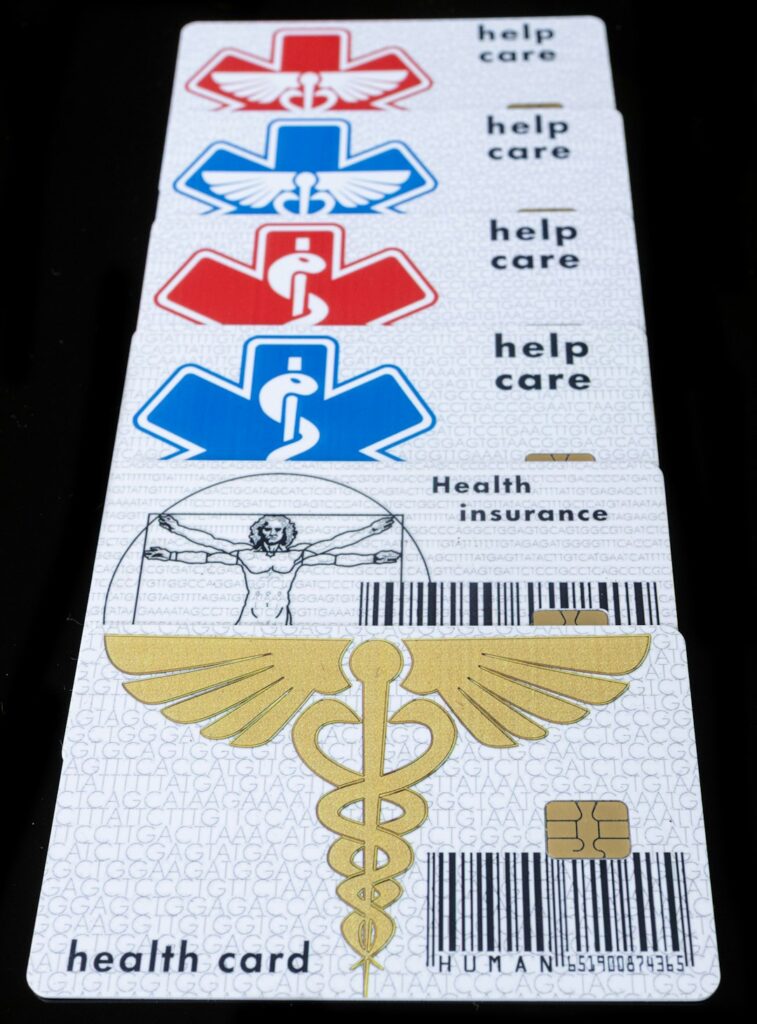AI Healthcare Applications: Revolutionizing Patient Care and Efficiency
In recent years, the integration of AI healthcare applications has transformed the landscape of modern medicine. From diagnostic tools to personalized treatment plans, these innovative technologies are not only enhancing patient outcomes but also streamlining healthcare processes, making them more efficient and accessible to everyone.
Understanding AI in Healthcare
Artificial intelligence (AI) refers to the simulation of human intelligence in machines that are programmed to think and learn. In the healthcare domain, AI technologies can analyze large amounts of data quickly, identify patterns, and provide insights that aid in decision-making. This capability is especially beneficial in clinical settings where timely information can be critical.
Key AI Technologies in Healthcare
- Machine Learning: Algorithms that improve automatically through experience, enabling predictive analysis for patient outcomes.
- Natural Language Processing (NLP): Allows systems to understand and interpret human language, facilitating better patient interactions and data management.
- Robotics: Automated systems assisting in surgeries and patient care routines, improving precision and reducing human error.
Application of AI in Clinical Practice
AI healthcare applications have shown substantial promise in several clinical areas, significantly improving the accuracy and speed of patient management.
AI in Diagnostics
AI-driven diagnostic tools enhance disease detection rates. For example, radiology has seen the introduction of AI algorithms that can analyze images for signs of disease faster than human radiologists, allowing for quicker treatment decisions.
Personalized Medicine
With genomics and AI healthcare applications, providers are now able to tailor treatment plans based on individual genetic profiles. This leads to more effective and targeted therapies, elevating patient care standards.
The Role of AI in Administrative Tasks
Beyond direct patient care, AI also plays a crucial role in managing administrative duties within healthcare settings, which can often be cumbersome and time-consuming.
Streamlining Operations
AI tools help streamline appointment scheduling, patient records management, and billing processes, significantly reducing administrative burdens. By automating these tasks, healthcare professionals can focus more on patient care rather than paperwork.
Predictive Analytics for Resource Management
AI can analyze historical data and predict resource needs, such as staffing and inventory levels, which enhances hospital management efficiency and reduces costs.
Challenges and Considerations
While the potential of AI healthcare applications is vast, several challenges need to be addressed to ensure successful implementation.
Data Privacy and Security
Patient data is sensitive, and safeguarding this information against breaches is paramount. The healthcare sector must ensure strict data protection regulations to maintain patient trust.
Integration with Existing Systems
Many healthcare facilities struggle with integrating new AI technologies with legacy systems. Ensuring compatibility and smooth transitions is vital for maximizing the benefits of AI applications.
Future Trends in AI Healthcare Applications
The future of AI in healthcare looks promising, with continued advancements expected in several key areas.
Telemedicine Enhancement
AI is set to enhance telemedicine services by improving patient assessments and remote diagnoses, particularly in underserved regions.
Wearable Technology
The growth of wearable devices that collect health data will allow AI to provide real-time monitoring and personalized health insights.
Conclusion
AI healthcare applications represent a transformative force in the medical field, fostering improved patient care, operational efficiencies, and innovative solutions to age-old problems. As technology continues to evolve, embracing these advancements can elevate healthcare systems to new heights, ensuring better health outcomes for all. However, careful consideration of ethical, privacy, and integration challenges will be essential for realizing this potential fully.
The Impact of AI Healthcare Applications on Diagnostics
One of the most significant contributions of AI healthcare applications is in the field of diagnostics. Traditional diagnostic processes can be time-consuming and may sometimes lead to human error. However, AI-powered tools are revolutionizing this aspect of healthcare. For instance, machine learning algorithms analyze vast datasets of medical images, identifying patterns that may escape the human eye. This capability enhances early detection of diseases, such as cancer, thereby improving patient outcomes. As AI technologies evolve, we can expect even more precise and efficient diagnostic solutions to emerge.
Enhancing Patient Care Through Personalized Treatment Plans
AI healthcare applications also play a pivotal role in developing personalized treatment plans. By leveraging data analytics, hospitals and clinics can create customized therapies that cater to the unique needs of their patients. AI algorithms evaluate a patient’s medical history, genetic information, and lifestyle factors to recommend the most effective treatments. This tailored approach not only improves the chances of successful outcomes but also boosts patient satisfaction, as individuals feel more involved in their healthcare journey. The future of personalized medicine heavily relies on the advancements of AI technologies.
AI in Predictive Analytics and Preventative Care
Another fascinating application of AI in healthcare is in predictive analytics, where algorithms forecast potential health issues before they become critical. By analyzing patterns from electronic health records, AI tools can alert healthcare providers about patients at high risk of developing certain conditions. This proactive approach allows for targeted interventions that can prevent diseases from progressing, ultimately reducing the overall burden on healthcare systems. The integration of AI in preventive care signifies a shift toward more anticipatory healthcare practices, emphasizing health maintenance rather than just treatment.
Streamlining Administrative Tasks
In addition to clinical applications, AI healthcare applications significantly streamline administrative tasks. From managing patient appointments to processing claims and billing, AI automates various routine processes, thus freeing healthcare professionals to focus on patient care. This efficiency not only saves time but can also reduce operational costs for healthcare facilities. As the administrative landscape of healthcare continues to evolve, the role of AI is becoming increasingly integral in ensuring a smooth operation.


